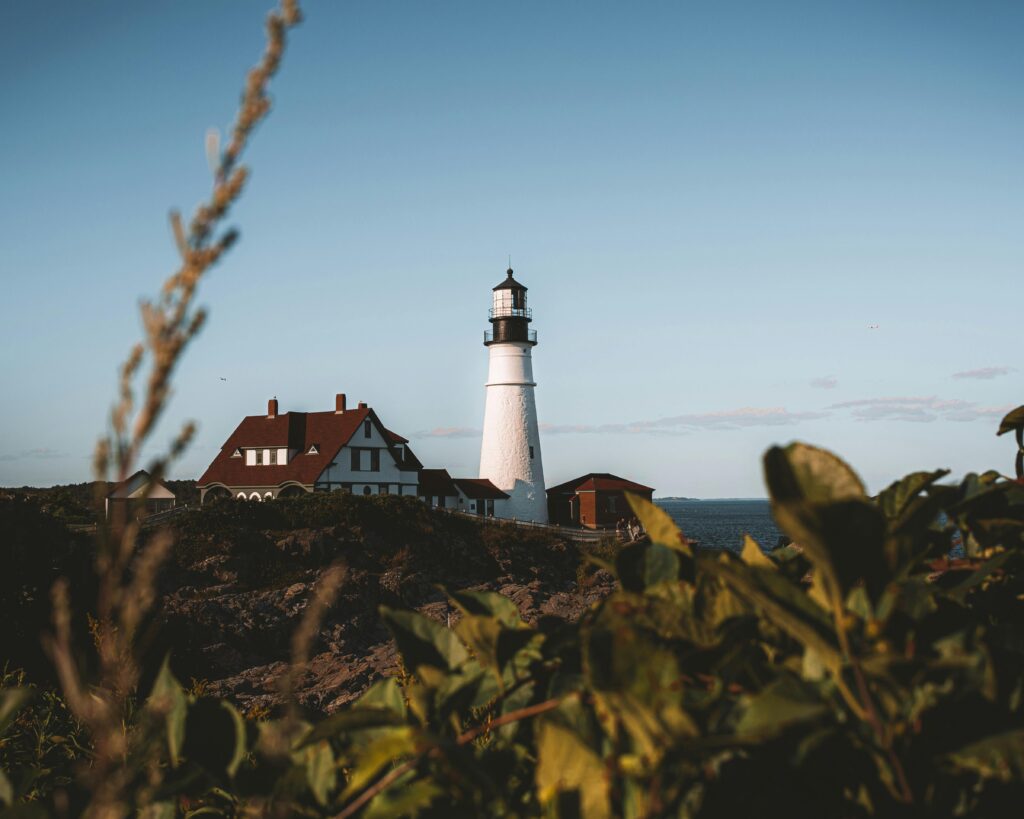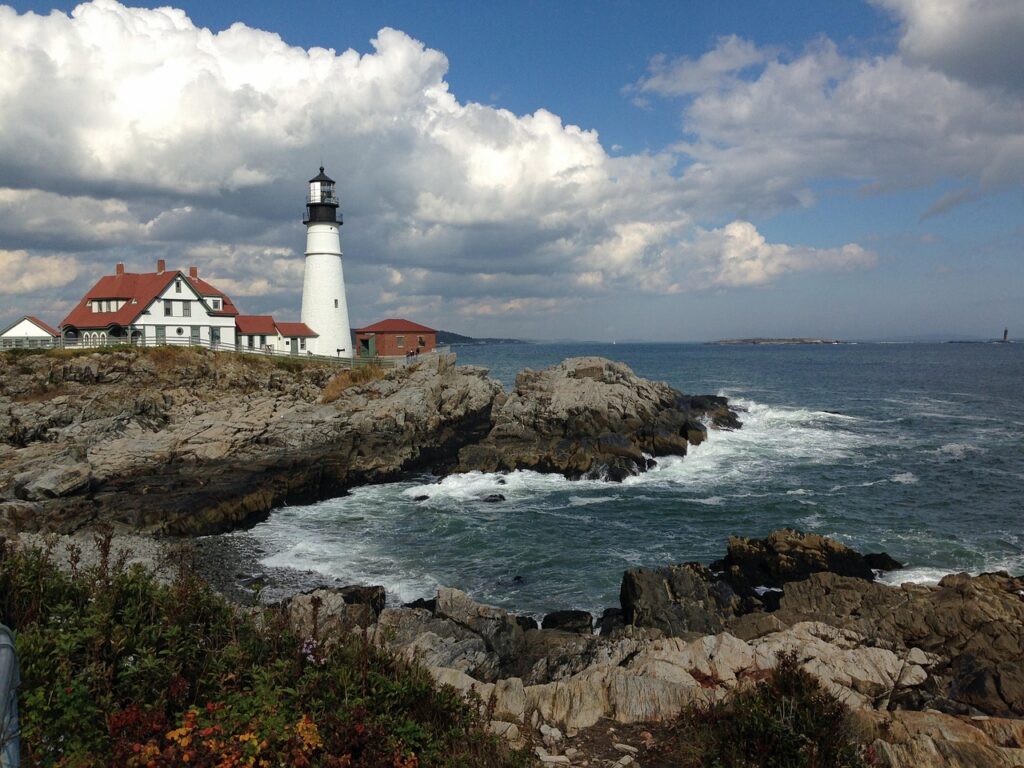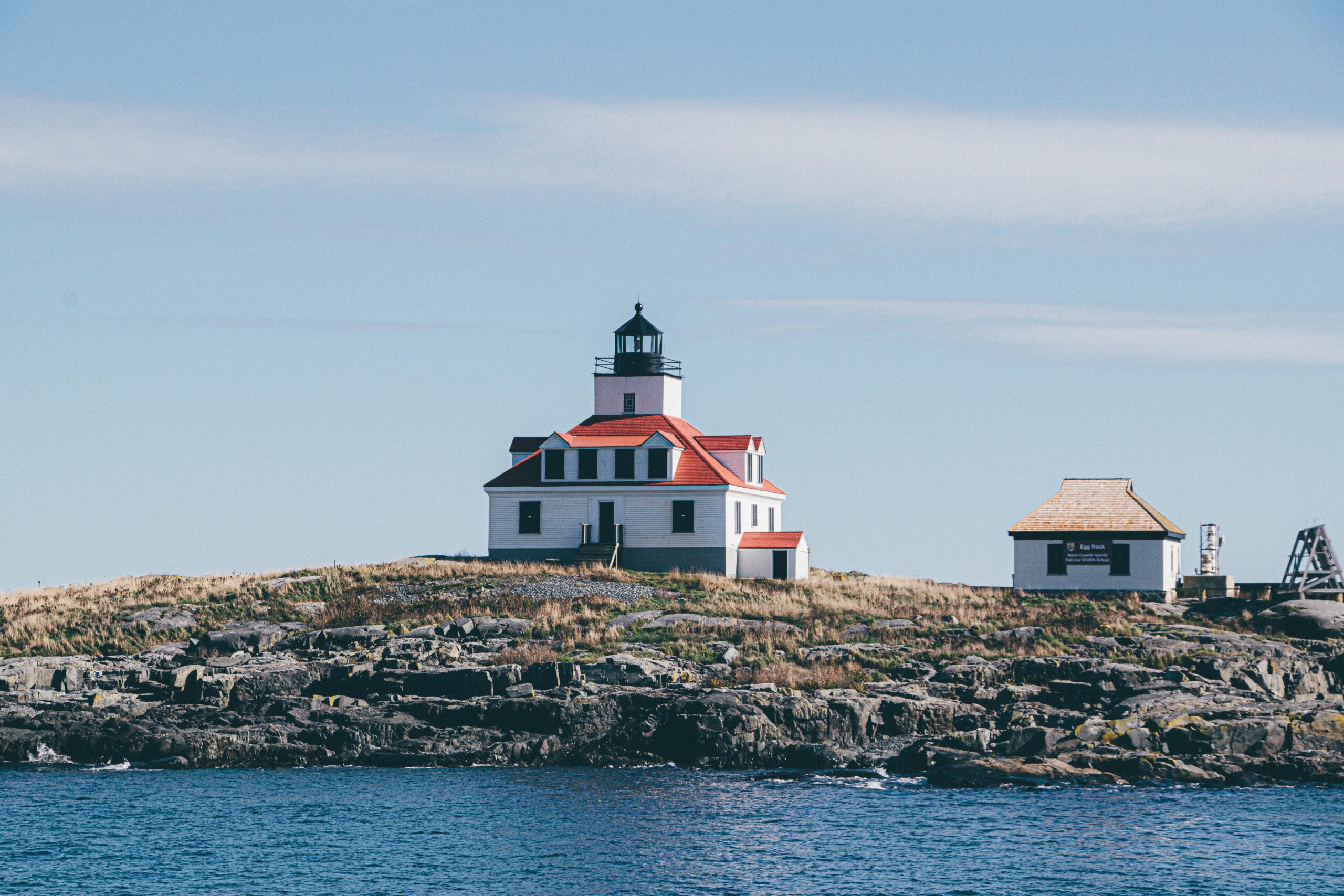Maine, long celebrated for its rugged coastline, charming small towns, and vibrant cultural traditions, is at a crossroads. As discussions of a tourist boycott gain traction, residents are rallying behind a bold vision: reclaiming summer for the locals and redefining what it means to celebrate the season.

A Shift in the Tourism Paradigm
Recent debates have centered on the impact of over-tourism on Maine’s communities. Many locals feel that an influx of tourists, while beneficial economically in some respects, has also led to crowded streets, strained resources, and a dilution of the state’s unique charm. The call to “make summer great again for us” is less about shutting out visitors entirely and more about restoring balance—prioritizing the quality of life for residents while rethinking tourism policies for a sustainable future.
- Community Empowerment: Advocates argue that a temporary decline in tourist numbers could allow residents to regain control over public spaces, celebrate local traditions, and invest in community-driven events that resonate with Maine’s heritage.
- Economic Recalibration: While tourism has been a major revenue stream, local business owners are exploring alternative revenue models that emphasize community engagement and long-term sustainability over short-term profit spikes.
Economic and Environmental Impacts
Economic Opportunities and Challenges
The prospect of a tourist boycott has sparked a robust debate among business owners and local government officials. On one hand, reduced visitor numbers could lead to short-term revenue losses for businesses that rely heavily on tourist spending. On the other, it provides a unique opportunity to refocus economic efforts on sustainable, locally supported ventures.
- Local Markets and Artisans: With fewer external influences, there is a renewed emphasis on promoting local crafts, foods, and services. Community markets and festivals are being planned to spotlight Maine’s indigenous talents.
- Reinvestment in Community Projects: Funds traditionally allocated for tourism promotion may now be redirected to improve local infrastructure, support small businesses, and enhance cultural initiatives.
Environmental and Social Benefits
A decrease in tourist activity could also yield environmental benefits. Maine’s pristine landscapes, once burdened by overuse, might enjoy a period of rejuvenation.
- Reduced Environmental Strain: Less traffic and lower demand on public utilities could mean cleaner air, less litter, and a healthier ecosystem.
- Enhanced Social Cohesion: With public spaces less crowded, residents can enjoy a more relaxed pace of life, fostering a stronger sense of community and local pride.
Cultural Reawakening and Policy Innovations
The movement to “make summer great again for us” has also ignited a cultural renaissance. Community leaders and cultural organizations are harnessing this moment to redefine Maine’s summer identity.
- Local Festivals and Celebrations: New and reimagined festivals focusing on Maine’s history, food, music, and arts are in the works. These events aim to celebrate local culture and provide a platform for community storytelling.
- Innovative Tourism Policies: Policymakers are considering measures that balance visitor influx with local well-being. Ideas such as visitor quotas, seasonal pricing adjustments, and community-based tourism management are on the table, promising a more harmonious relationship between residents and tourists.
- Engaging Younger Generations: Initiatives are underway to involve younger residents in community planning, ensuring that the new summer model resonates with a generation eager for authenticity and local engagement.
Looking Ahead: A Future Built on Local Pride
As Maine navigates this transformative period, its future appears to rest on a model that values local voices and sustainable growth. The ongoing dialogue between residents, business owners, and policymakers suggests that while tourism remains an integral part of Maine’s economy, the community is ready to redefine success on its own terms. The summer boycott debate, far from being a call to isolation, is evolving into a blueprint for a more resilient, inclusive, and vibrant Maine.

Frequently Asked Questions
Q: Why are some residents supporting a tourist boycott in Maine?
A: Many locals believe that reducing tourist numbers will help restore community control over public spaces, protect the state’s cultural heritage, and reduce environmental strain while promoting a more sustainable economic model.
Q: What economic impacts could result from a decline in tourism?
A: While there might be short-term revenue losses for tourism-dependent businesses, the focus is on shifting towards sustainable local markets, supporting small businesses, and reinvesting in community projects that benefit long-term residents.
Q: How might the environment benefit from fewer tourists?
A: Reduced tourism can lead to lower traffic and resource demand, which in turn may result in cleaner air, less litter, and a healthier ecosystem for Maine’s natural landscapes.
Q: What new initiatives are being introduced to celebrate Maine’s summer culture?
A: Community leaders are planning local festivals, cultural events, and markets that highlight Maine’s history, food, and arts. Additionally, innovative tourism policies are being considered to ensure a balance between visitor influx and local well-being.
Q: Is the tourist boycott a permanent measure?
A: The current discussions suggest that the boycott is a temporary strategy intended to recalibrate the tourism industry. The goal is to establish a more balanced and sustainable model that benefits both residents and visitors in the long run.
Maine’s summer is poised for a renaissance—one where local pride, sustainable growth, and cultural authenticity come together to create a season that truly belongs to the community.
Sources Portland Press Herald


